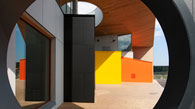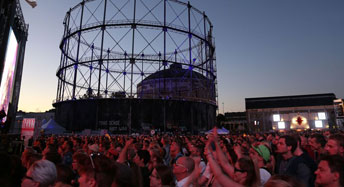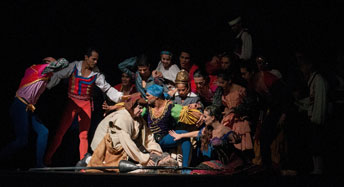Culture
Finland’s cultural policy comprises the different sectors of arts and culture, museums, cultural heritage, libraries, cultural exports and creative work. Arts and culture are supported by both central and local government.
The Ministry of Education and Culture is responsible for legislation, central government financing and strategic steering and for providing prerequisites for artistic and cultural activities. Finnish municipalities are self-governing entities and promotion of general cultural activities is one of their tasks. They encourage cultural activities among local residents by providing grants, by making facilities available and by organising events. Municipalities also maintain arts and cultural institutions.
-

Cultural policy guidelines are laid out in the Government Programme and in separate programmes for specific sectors.
-

Fields of arts and culture are audiovisual culture, performing arts, literature, design and architecture, music and visual arts.
-

Museums and cultural heritage »
The Ministry is responsible for overseeing policy and legislation concerning state-owned cultural heritage.
-

Culture and the creative industries with their expertise, products and services are exploited for example in cultural exports and tourism.
-

Appropriations for arts and culture account for about EUR 500 million of the state budget. The ministry allocates most of the financing as central government transfers and grants.
-

EU and international cooperation »
International and EU-level cooperation supports national cultural policy and cultural work through networking and sharing of best practices.
-

European Capital of Culture 2026 »
A Finnish city Oulu will become a European Capital of Culture in 2026.





